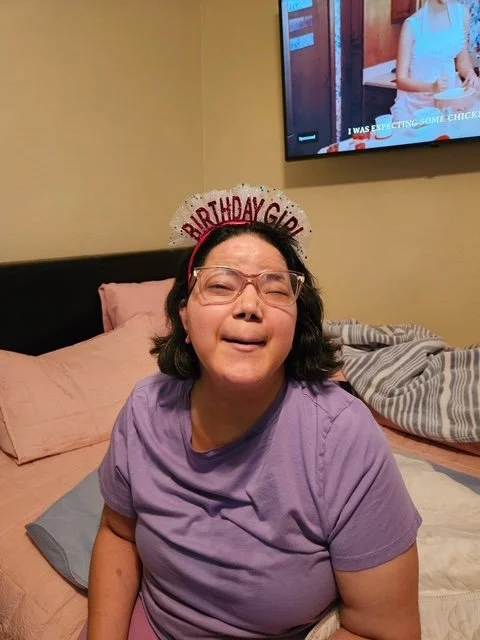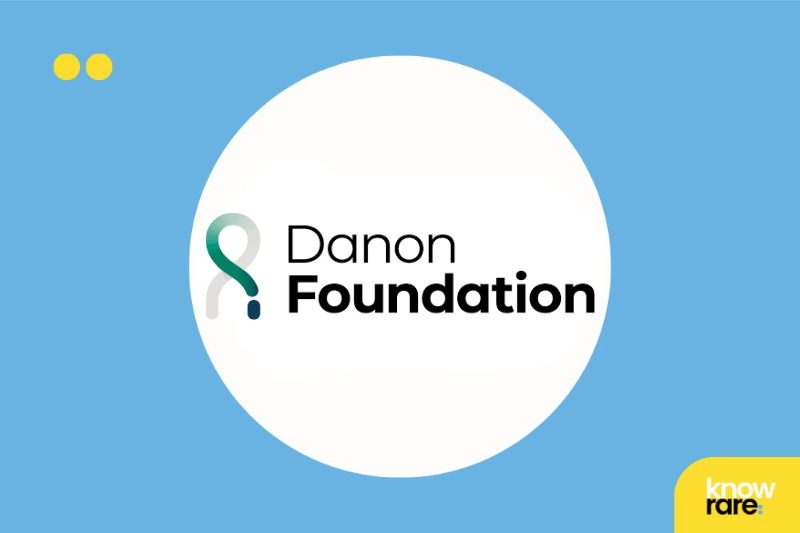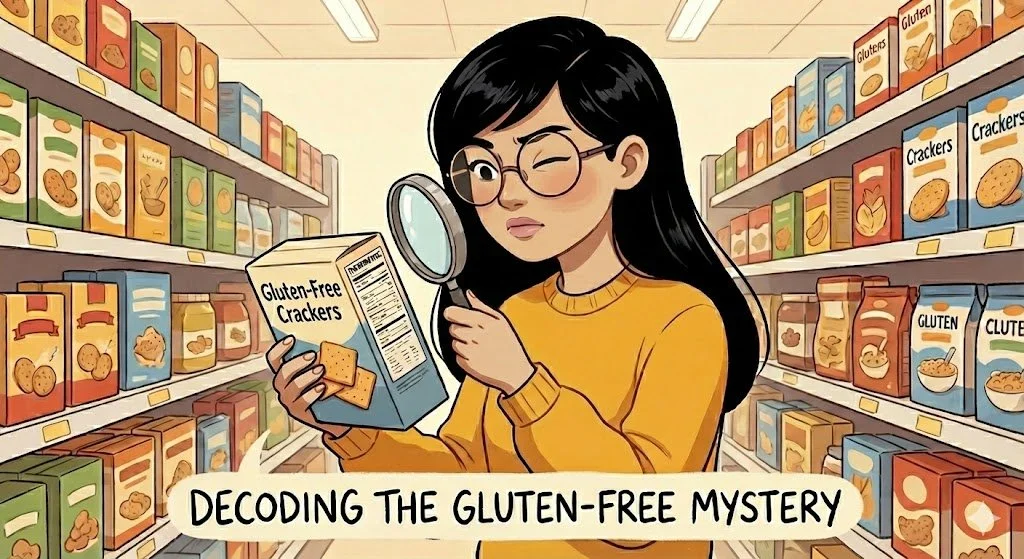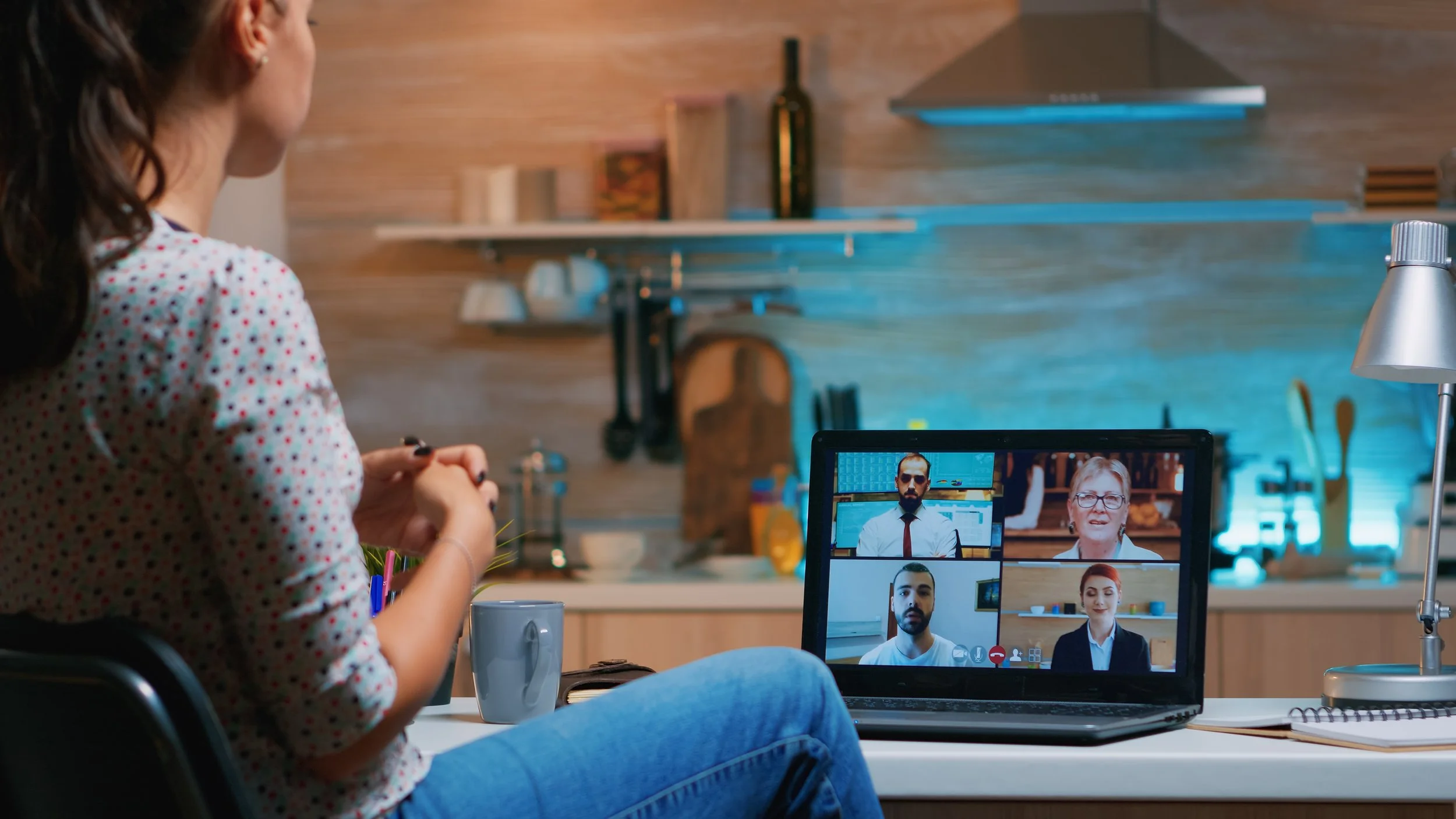Role Models Light the Way
By Chris Anselmo
For many years, I stuck my head in the sand and refused to confront the unpleasant realities of my disease, limb-girdle muscular dystrophy type 2B (LGMD2B). When my symptoms manifested shortly after graduating from college, my life turned upside down. As I lost strength and mobility, I was too afraid to contemplate what came next.
Worst of all, I was too afraid to seek help.
I knew I needed to find others who could steer me in the right direction and provide guidance on how to move forward with life despite this disease. Because these circumstances weren’t going away.
But knowing I needed role models and seeking them out were two entirely different things.
We can’t succeed alone.
Everyone is dealing with something. Maybe it’s coming to terms with a disease diagnosis, or going back to school while raising a family, or switching careers. Maybe it’s finding hope after a loss or advocating against injustice.
When we don’t know how to move forward, life can feel overwhelming. That’s why seeking out a role model can be tremendously valuable.
Finding role models is simple, but it’s not easy. When we admit that we need help, we are forced to confront the realization that something isn’t working in our lives. We may have to admit that we are not in control and don’t have all the answers. These are scary thoughts.
Fortunately, there are others who have been through what we’ve been through. We just need to find them.
What help do you need?
Sometimes we know exactly why we need a role model. Other times, we know we need one, but the reason why isn’t as clear.
It is worth reflecting on this step before getting started. In what area(s) of your life do you need help?
Is it a disease diagnosis? Maybe you need to find someone who has been in your shoes, and who can direct you on what to do next after receiving the life-changing news.
Is it depression? Maybe there is a celebrity or public figure who has been candid about their struggle and has learned how to perform at a high level while coming to terms with the darkness within.
Whatever your situation, be honest with your needs. If someone else has fought the battles and made the mistakes, let them teach you.
“When we don’t know how to move forward, life can feel overwhelming. That’s why seeking out a role model can be tremendously valuable.”
Where to find role models
There are many places to seek out role models.
If you already know someone to look up to, this is a wonderful advantage. It could be an older sibling, a parent, or a trusted mentor who has gone through the challenges you’ve encountered.
For most people, however, this isn’t the case. (This is especially true with a rare disease diagnosis.) If you don’t know anyone, no need to despair! There are many places to turn.
Nowadays, there are forums and groups for every conceivable topic, including for your particular challenge. Before posting, do a little research first. Who posts a lot? Are they positive or negative? Who seems to be a measured, trusted voice during heated discussions? If someone stands out, feel free to private message them. Or, if you are comfortable doing so, post about your situation and ask for guidance and support. Chances are, someone will respond.
There are also likely blogs and websites where people are writing about your area of need. On these sites, you can read about the writer’s journey and follow their progress over time. If they are someone you want to contact, don’t hesitate. People love to hear from readers!
Depending on what help you need, there might also be a foundation or trade group that can point you in the right direction and provide you with stories of others going through a similar challenge. Most disease foundations have a mentorship program of some sort.
Role models can also come from history. You can get just as much out of someone’s story from decades or centuries ago as you can from someone living today, especially if it is general guidance you are looking for. Many historical figures have dealt with disease, depression, trauma, and loss.
“Whatever your situation, be honest with your needs. If someone else has fought the battles and made the mistakes, let them teach you.”
The connection
In my case, it was the Jain Foundation that ultimately led me to my role models.
Fortunately, I knew where I needed to look beforehand - the problem was I was too stubborn to do so until I was left with no other choice.
The Jain Foundation redesigned its website in 2011 to feature patient stories on its front page in a revolving montage. The stories were a cross-section of people from all walks of life. At first, it was difficult to read their stories, from their initial loss of strength to their challenges in finding love and maintaining a career. Everyone worried about the future and struggled to accept the circumstances of their new lives. Their sadness and fear hit close to home.
The more stories I read, however, the more I realized that spouses and children and successful careers weren’t the exception; they were the norm. These people had full lives beyond their neuromuscular disease.
Encouraged, I reached out to several people whose stories I read. It was a great relief when they responded! I asked them questions about going back to school, what it was like to find a spouse, and how they lived independently. Each person provided guidance and actionable steps to take. They helped to show me what was possible and offered to be a resource along the way.
Although I still grieved losing my mobility, these role models showed me there was a path forward. I now had people to talk to who understood my circumstances. They continue to be valued friends and mentors today.
My only regret? I wish I had reached out sooner.
To read the full version of this post, click here. If you would like to read more of Chris Anselmo’s writing, please visit his site, Hello, Adversity.
































